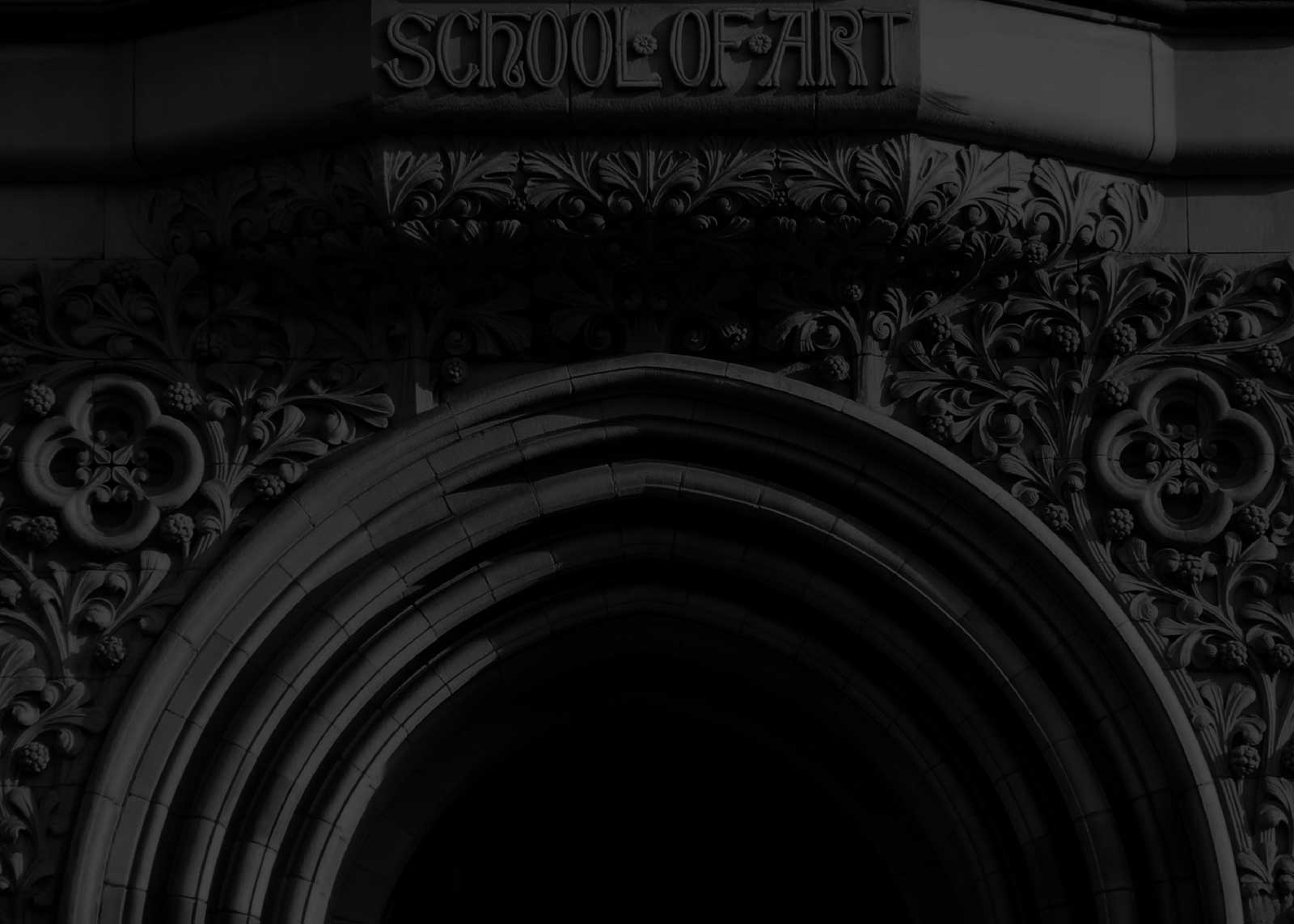Beecroft, M., 2021.
3D Printed Material
| Output Type: | Chapter in a book |
| Publication: | Conservation Science: Heritage Materials |
| Brief Description/Editor(s): | Richardson, E., Garside, P. |
| Publisher: | Royal Society of Chemistry |
| ISBN/ISSN: | 978-1-78801-093-1 |
| Number of Works: | 13 |
3D printing is an emerging technology with an increasing number of artists and designers exploring its potential to create flexible textile-based structures. With growing interest in these 3D printed structures, galleries and museums worldwide have begun to include them in their exhibitions and permanent collections. This chapter discusses the pieces in terms of their structure: multiple-assemblies, continuous & discontinuous geometries, their material: Nylon, Acrylonitrile Butadiene Styrene (ABS), Thermoplastic Polyurethane (TPU) and their process of fabrication: selective laser sintering (SLS), fused deposition modelling (FDM). Using pieces from Manchester Metropolitan University's Material, Process, Innovation collection, the author's practice-based research Digital Interlooping is used as a case study. The chapter considers the challenges relating to the physical conservation of the pieces in terms of stability and deterioration alongside issues relating to the preservation of digital data. The chapter concludes by summarising the key considerations for 3D printed textile-based pieces as future heritage material.
